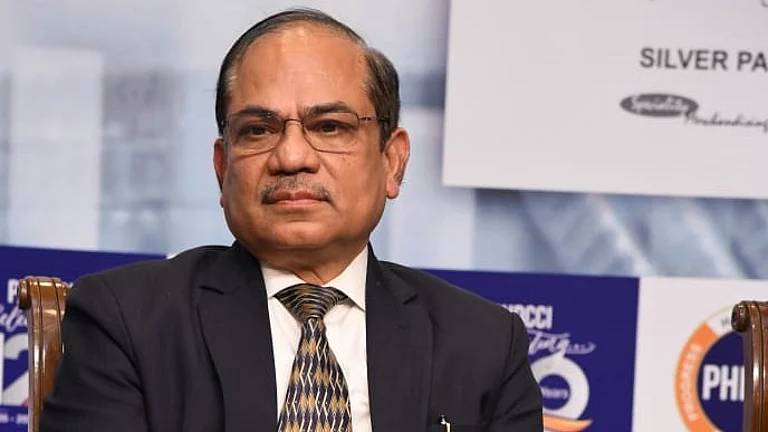India lifts some anti-dumping duties on a host of countries, notably China.
New Delhi's decision puts India's pragmatism at limelight amid ongoing trade and tariff uncertainties.
However, India's anti-dumping probe on Chinese steel in September will likely boost Indian manufacturers, industry experts say.
India’s Pragmatic Approach to Trade: New Delhi Allows Anti-Dumping Duties on Few Goods to Lapse
The lifting of anti-dumping duties on key auto components from China comes at a time when New Delhi and Beijing are slowly normalising ties amid a rapidly shifting global landscape and increasing tariff threats from the US
India’s pragmatic approach to trade and international relations with countries has once again come in the limelight. New Delhi has allowed certain anti-dumping duties on a range of goods exported from several countries, especially China, to lapse, which hints at a new phase of trade relations between the two giants.
The lifting of anti-dumping duties on key auto components from China comes at a time when New Delhi and Beijing are slowly normalising ties amid a rapidly shifting global landscape and increasing tariff threats from the US, a long-standing ally of India.
Several goods from China including axle beams and steering have been subjected to punitive tariffs since 2008. New Delhi has decided not to extend the tariffs, which lapsed in July 2023. The move is said to have been detailed in a filing dated October 7 to the World Trade Organization (WTO). India is currently looking at options to reduce input costs for domestic manufacturers and secure critical raw materials and components at a time when New Delhi has been slapped with the aggressive 50% reciprocal tariffs from Washington.
The filing details the termination of duties on key industrial goods from several trading partners including China, Malaysia, Thailand, Vietnam, the European Union and the United Kingdom.
India’s decision also comes at a time when Beijing has tightened its restrictions on rare-earth products exports, and is seeking assurance from New Delhi that it will only be used for domestic needs and not be re-exported, especially to the US. India has been one of those countries that frequently used non-tariff barriers like the anti-dumping duties to protect its domestic industries and now that India is easing its non-tariff barriers, it hints towards a pragmatic approach towards the changing global trade dynamics.
According to media reports, New Delhi is even mulling over reviewing Press Note 3, which mandates a prior government approval for investments from countries sharing a land border, signalling easing border tension and a path for increased Chinese investments.
How the Tables Turn
The US has been a long-standing ally and a close trading partner of India. However, as friction with Washington has intensified under US President Donald Trump, India has been looking to re-engage with China, despite the frequent tussle between them over border conflicts and cheaper imports flooding the Indian market. At a time when investors and markets are rattled by President Trump’s oscillating tariff policies and global uncertainties, New Delhi is signalling to draw its regional partners closer to mitigate the supply chain disruptions and for enhancing Asian trade integration.
India’s foreign policy has evolved from Nehruvian idealism to Indira Gandhi’s realism and now towards a more pragmatic approach in a world where countries are fight striving to give supremacy to their national interests. India’s pragmatic approach has allowed it to keep relations, both political and trade, to be fluid in order to serve India’s national interest at any given point of time. The pragmatic approach and strategic autonomy also allows India to make decisions and foreign policies devoid of any external influence. And India lifting some of the anti-dumping duties on China is one of the latest and prime examples of how New Delhi is exercising pragmatism in the new world order. It allows India to trade with China, despite the ideological differences, and even limit its trade dependence with the US, its close ally, if the necessity arises.
India’s Manufacturers’ to Gain From Anti-Dumping Duties on Steel from China
However, although New Delhi has decided to not extend its anti-dumping duties on certain goods, in September, it decided to impose anti-dumping duty against steel wheels imported from China. Indian steel producers have welcomed the decisions as they now expect a boost to local manufacturing and a fall in prices, a Reuters report said.
Between April and July, China was the second largest exporter of steel wheels to India, selling 0.6 million metric tons. India saw an uptick of 62% in steel imports from China in April-July, against the corresponding period last year. Indian steel industry has raised concerns with the government about the potential dumping of Chinese steel, and the government has been prompt in imposing the duties.
